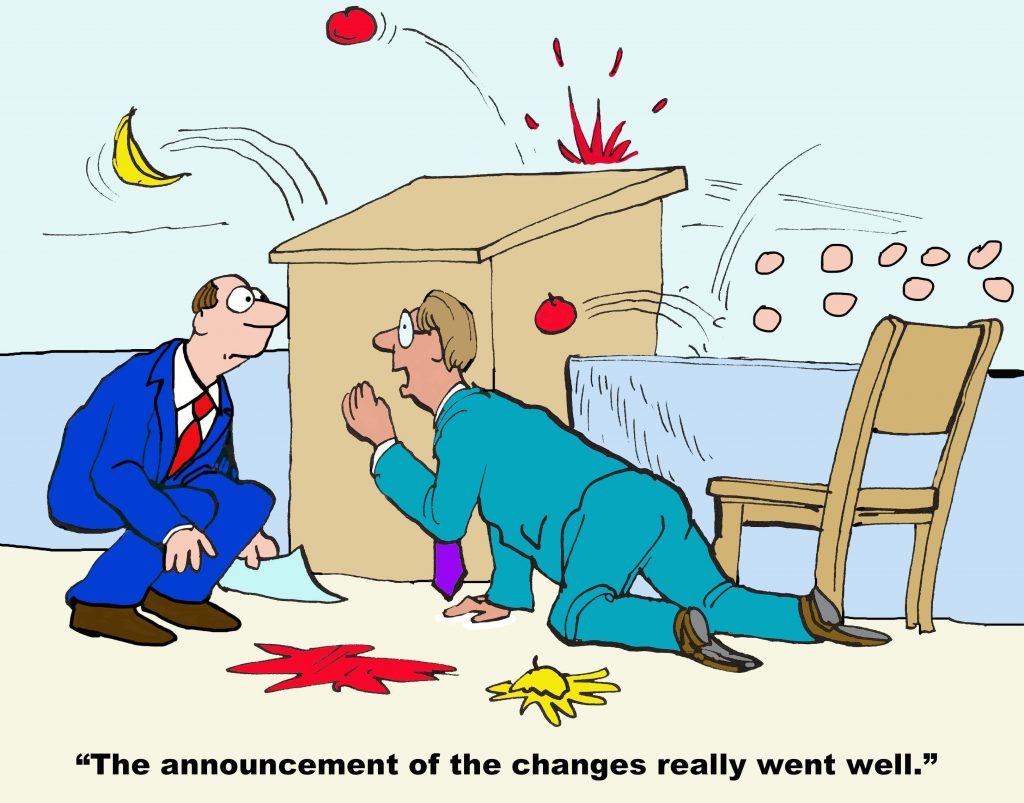With the business world making a fast shift towards a global market, organizations must maintain a dynamic work environment to succeed. As the saying goes, survival of the fittest is determined by those most adaptable to change. But as with another popular adage, that's easier said than done.
So how do you run a company that is highly adaptable to the global market, but maintains it's employee's efficacy and engagement? Rather than focusing on hard factors like budget and strategic planning, research shows that emphasizing emotional intelligence (EQ) is the key to success. In fact, studies in the field have reported that fewer than 10% of failed change efforts can be blamed on hard factors.
EQ is the keystone to a successful team. You can have a highly skilled staff and all the resources in the world, but if they lack communication skills, trust, and behavioral management, they'll be unable to effectively manage their workplace relationships. This creates a snowball effect in which their unhealthy relationships cause them stress, which creates workplace tension, which can make productivity difficult or altogether impossible. It's easy to see how a toxic culture can make even financially stable businesses flounder.
The other issue that frequently arises is that the lack of trust in an organization between employees, managers, and other stakeholders can cause resistance to change. Trust levels have a large impact on the successfulness of change initiative, and a discrepancy in the amount of trust employees have for their employer or vice versa can be the root of a failed change. Trust is rooted in effective communication, clear vision, and healthy relationships.

Investing in EQ training for staff and leadership can help circumvent many of the pitfalls associated with failed change. Getting your emotional ducks in a row sounds a bit mushy and romantic, but the truth is that all humans are emotional. Their ability to manage their emotions and their corresponding behaviors is one of the biggest determinants of success. Keeping in mind that "emotional" doesn't mean "soft", but rather that our actions are internally driven. Developing control of our feelings and relationships can be the best way to improve our businesses.
If your organization is looking to rise in the global ranks, don't get caught up in the numbers game. Instead, look towards the human element of your business; the relationships of the people that work for and with you. Investing in their EQ development may be the fulcrum by which you achieve your change efforts successfully.






